12310
1
1
Темпераментный итальянец выбрал не самое лучшее время, чтобы высказать всё болельщикам конкурирующей футбольной команды.
Водитель мопеда на перекрестке, поравнявшись с автобусом, в котором ехали с матча фанаты, разразился такой бранью, что просто не заметил остальных участников дорожного движения.
Эпичному фэйлу радовался весь автобус.
Источник:
Ссылки по теме:
- Мужчины всегда остаются детьми
- Допрыгались: болельщики в Нидерландах обрушили трибуну на стадионе
- Лучший друг спешит на помощь
- Футбольный болельщик ушел в отрыв
- Члены семьи не заметили впечатляющий трюк мужчины
реклама






















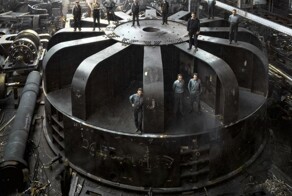









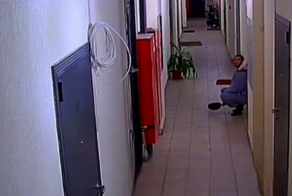

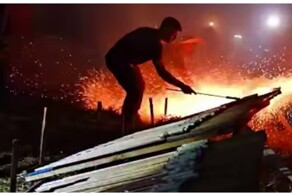








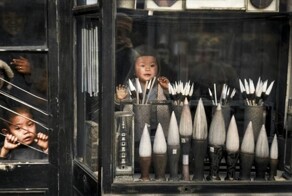
































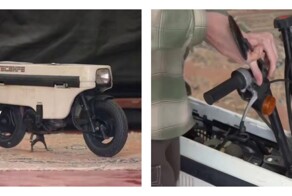





Tifosi
Tifosi of the Italy national football team during the UEFA Euro 2000.
Tifosi (pronounced [tiˈfoːzi; -oːsi]) is a group of supporters of a sports team, especially those that make up a tifo.
Etymology
It is erroneously claimed that "In Italian, tifosi literally means those infected by typhus disease, a reference to someone acting in a fevered manner.[1]" In reality, it comes from Ancient Greek "typhos," meaning smoke, as it was customary for spectators of the Ancient Olympic Games to celebrate the victories of their favourite athletes by reuniting around a bonfire. [2][3][4] The confusion is due to the fact that both fever and smoke share the same etymological root, "typhos."
Tifosi is used for a mixed gender or an all-male group; masculine singular is tifoso, feminine singular tifosa, feminine plural tifose.
Football
The word is mainly used to describe fans of clubs in football. Apart from the many local fan clubs in Italy, whose main role is, for example, to provide a meeting place for fans and friends and organize away trips, since the late 1960s, many Italian fans rely on organized stadium groups known as Ultras. The main goal is to choreograph fan support with flags, banners, coloured smoke screens, flares, drums, and chanting in unison. For most teams city rivalries, colours, coat of arms, symbols, and the overall iconography have roots in the Middle Ages and early Renaissance.